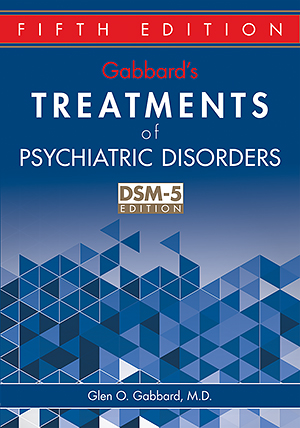Sections
Excerpt
The network therapy approach can be useful in addressing a broad range of patients with addictions characterized by the following clinical hallmarks of substance use disorder: First, when they initiate consumption of their addictive agent, be it alcohol, cocaine, opioids, or depressant drugs, they frequently cannot limit that consumption to a reasonable and predictable level; this phenomenon has been termed “loss of control” by clinicians who treat persons dependent on alcohol or drugs. Second, they consistently demonstrate relapse to the agent of abuse; that is, they attempt to stop using the drug for varying periods of time but return to it despite a specific intent to avoid it.
Access content
To read the fulltext, please use one of the options below to sign in or purchase access.- Personal login
- Institutional Login
- Sign in via OpenAthens
- Register for access
-
Please login/register if you wish to pair your device and check access availability.
Not a subscriber?
PsychiatryOnline subscription options offer access to the DSM-5 library, books, journals, CME, and patient resources. This all-in-one virtual library provides psychiatrists and mental health professionals with key resources for diagnosis, treatment, research, and professional development.
Need more help? PsychiatryOnline Customer Service may be reached by emailing [email protected] or by calling 800-368-5777 (in the U.S.) or 703-907-7322 (outside the U.S.).



